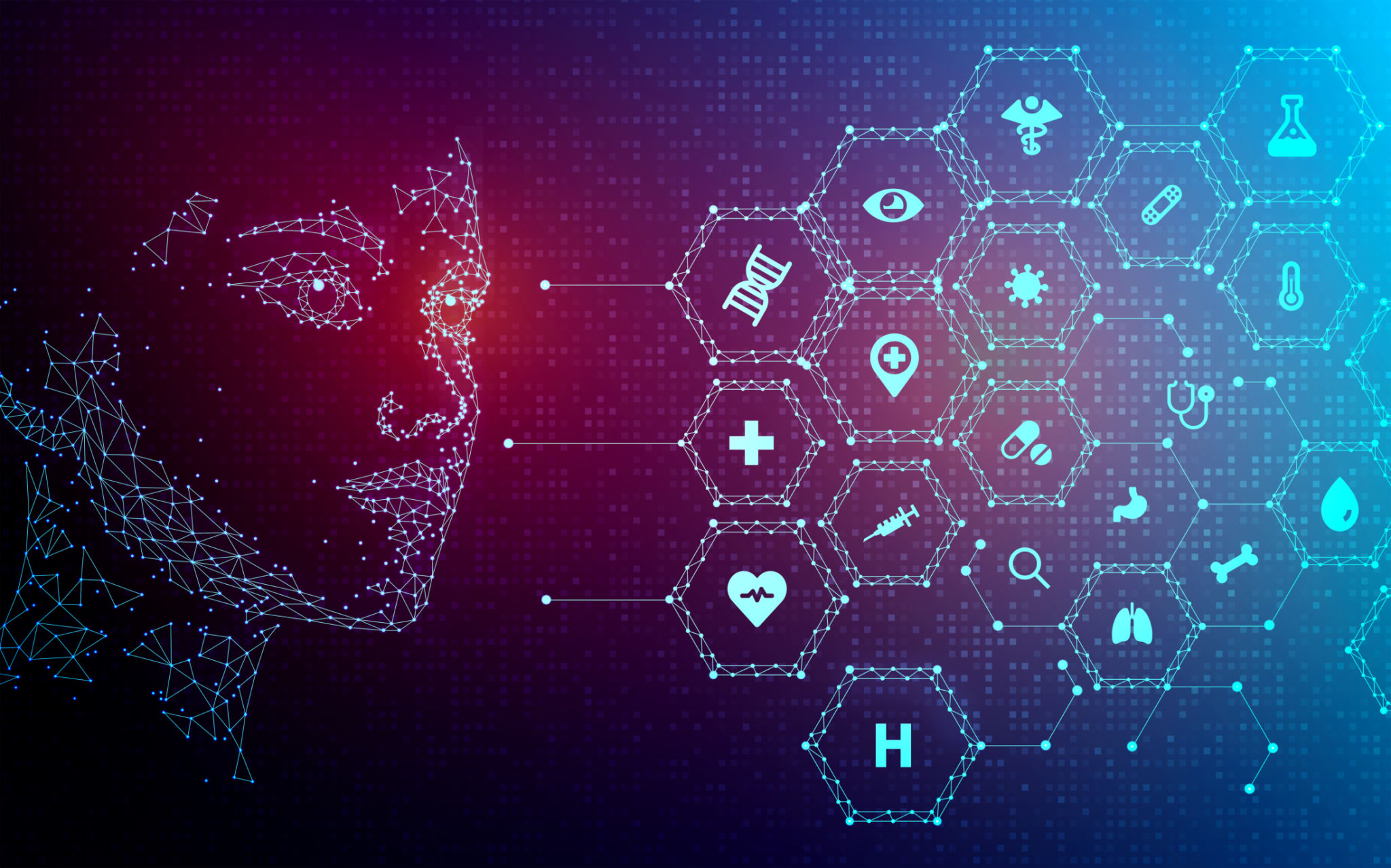How Biotechnology is Transforming Healthcare: A Dive into AI and Bioinformatics
The Convergence of Biotechnology and Healthcare
Biotechnology has been a transformative force in healthcare, continuously pushing the boundaries of what is possible. The integration of AI and bioinformatics is reshaping this landscape even further, offering unprecedented advancements in diagnostics, treatment, and patient care. This intersection is not only enhancing our understanding of diseases but also paving the way for personalized medicine.

AI in Healthcare: Revolutionizing Diagnostics
Artificial Intelligence (AI) has significantly impacted the field of diagnostics, enabling faster and more accurate disease detection. AI algorithms can analyze medical images, such as X-rays and MRIs, with remarkable precision, often surpassing human capabilities. This technology allows for early detection of conditions like cancer, leading to better outcomes for patients.
Moreover, AI-powered tools are being developed to predict disease outbreaks and monitor patient health in real-time. By analyzing large datasets, AI can identify patterns and trends that might be invisible to the human eye. This proactive approach not only saves lives but also reduces healthcare costs.
Bioinformatics: The Backbone of Modern Medicine
Bioinformatics plays a crucial role in understanding complex biological data. By combining biology with computer science and mathematics, bioinformatics provides insights into genetic sequences and molecular structures. This information is essential for developing targeted therapies and vaccines.

The use of bioinformatics in genomics has led to significant breakthroughs, such as the mapping of the human genome. This achievement has enabled researchers to pinpoint genetic mutations responsible for various diseases, allowing for the development of precise treatments tailored to individual genetic profiles.
Personalized Medicine: A Tailored Approach
One of the most exciting developments in biotechnology is personalized medicine. By leveraging AI and bioinformatics, healthcare providers can create customized treatment plans based on a patient’s unique genetic makeup. This approach not only enhances the effectiveness of treatments but also minimizes side effects.
For example, in cancer treatment, personalized medicine allows for the identification of specific mutations in a tumor’s DNA. Targeted therapies can then be developed to attack these mutations, significantly increasing treatment success rates.

The Future of Healthcare: Challenges and Opportunities
While the integration of AI and bioinformatics in biotechnology offers numerous benefits, it also presents challenges. Ethical concerns surrounding data privacy and the potential for algorithmic bias must be addressed to ensure that these technologies are used responsibly.
Despite these challenges, the opportunities are immense. As technology continues to evolve, so too will our ability to combat diseases that were once thought incurable. The collaboration between AI, bioinformatics, and biotechnology holds the promise of a healthier future for all.
Conclusion: Embracing Innovation
The transformation of healthcare through biotechnology is an ongoing journey that promises to redefine how we understand and treat diseases. By embracing the power of AI and bioinformatics, we are unlocking new possibilities in medical research and patient care. As we move forward, it is crucial that we continue to innovate responsibly, ensuring that these advancements benefit society as a whole.
